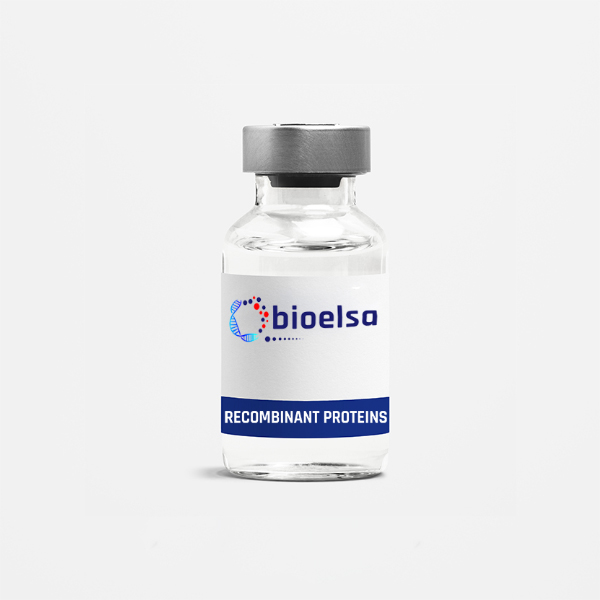| Gene ID |
16163 |
| Accession | P20109 |
| Alternative Name | IL-13, T-cell activation protein P600<br/>Recombinant Mouse Interleukin-13 (IL13) |
| Species | Mouse |
| Source | E. coli |
| Description | Mouse IL-13 is produced primarily by activated Th2 cells. Human IL-13 is expressed in activated T helper cells (resembling Th0, Th1, Th2), and T cells expressing CD8. The alpha chain of the IL-13 receptor has weak binding activity for IL-13. High affinity receptors are formed when the receptor alpha chains of IL-13 and IL-4 receptors are coexpressed. The receptors for IL-13 and IL-4 share a component, a common gamma subunit that is found also in the IL-2 receptor. Different IL-13 receptor structures have been shown to exist on various cell types and the IL-13 receptor may share more than one component with IL-4 receptor. IL-13 down-modulates macrophage activity, reducing the production of pro-inflammatory cytokines and chemokines in response to IFN-gamma or bacterial lypopolysaccharides. IL-13 enhances the production of the IL-1 receptor antagonist IL-1ra. IL-13 also decreases the production of nitric oxide by activated macrophages, leading to a decrease in parasiticidal activity. IL-13 induces differentiation of human monocytes, enhances survival time in culture, and also induces differentiation and proliferation and isotype switching in B cells. |
| Accession | P20109 |
| Functions | The ED(50) was determined by the dose-dependent proliferation of TF-1 cells was ? 2.0 ng/mL, corresponding to a specific activity of ? 1.0 x 10^6 units/mg. |
| Formulation | Recombinant mouse IL-13 was lyophilized from a 0.2 ?m filtered PBS solution. |
| Solubility | A quick spin of the vial followed by reconstitution in distilled water to a concentration not less than 0.1 mg/mL. This solution can then be diluted into other buffers. |
| Appearance | Lyophilized Powder |
| Molecular Weight | 12 |
| Purity | >95% as determined by SDS-PAGE |
| Concentration | < 1.0 EU/μg of recombinant protein as determined by the LAL method. |
| Shipping Condition | Ambient Temperature |
| Storage Condition | The lyophilized protein is stable for at least one year from date of receipt at -70?C. Upon reconstitution, this cytokine can be stored in working aliquots at 2? - 8?C for one month, or at -20?C for six months, with a carrier protein without detectable loss of activity.
Avoid repeated freeze/thaw cycles. |
